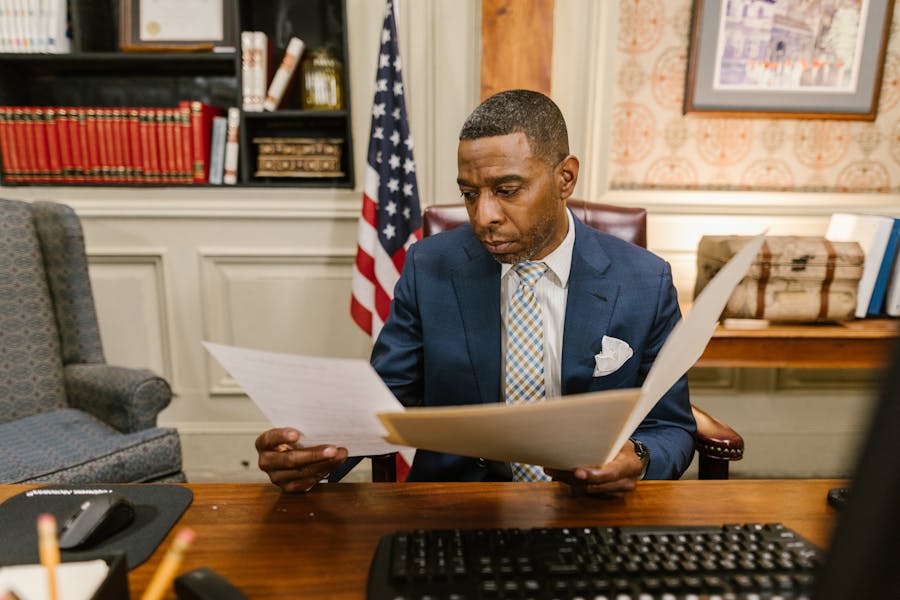What Happens in Florida Probate Court? A Step-by-Step Guide

Probate allows the deceased person’s assets to be properly inventoried, debts and taxes to be paid, and remaining assets to be legally transferred to heirs or beneficiaries.
In Florida, probate is handled by the circuit courts. The specific process depends on factors like the size of the estate, how long the person has been deceased, and whether they had a valid will. However, most estates go through a process called formal administration.
If you have recently lost a family member, here’s an overview of what you can expect during formal probate administration in Florida:
Types of Probate in Florida
There are several types of probate proceedings in Florida, each with its own requirements and procedures:
- Formal Administration: This is the most common form of probate, used when the estate’s value exceeds $75,000.
- Summary Administration: This simplified process is available when the estate’s value is less than $75,000 or the decedent has been deceased for more than two years.
- Disposition Without Administration: Used for very small estates, this process allows heirs to receive certain assets without formal court proceedings.
- Ancillary Administration: Required when a non-resident decedent leaves property in Florida.
The Formal Administration Process
Most Florida estates will require formal administration under court supervision. Here’s a step-by-step breakdown of the process:
1. Filing the Petition
The personal representative (executor), or any interested person, files a petition for administration with the circuit court in the county where the decedent was domiciled, along with the original will, if there is one. (§ 733.202, Fla. Stat., Fla. Prob. R. 5.200)
2. Appointing the Personal Representative
The court appoints the personal representative nominated in the will or a qualified individual according to Florida law. The personal representative must file an oath of office and may be required to post a bond. (§ 733.301, Fla. Stat, Fla. Prob. R. 5.320
3. Providing Notice
The personal representative must promptly serve a Notice of Administration on interested parties and publish a Notice to Creditors in a local newspaper. (§ 733.212 and § 733.2121, Fla. Stat.)
4. Inventorying Assets and Paying Debts
The personal representative must identify and secure estate assets, file an inventory with the court, and pay valid creditor claims and expenses. (§ 733.604 and § 733.707, Fla. Stat.)
5. Distributing Assets and Closing the Estate
After debts and expenses are paid, the personal representative files a final accounting and petition for discharge distributes the remaining assets to beneficiaries according to the will or state law, and the court issues an order closing the estate. (§ 733.901, Fla. Stat.)
Protecting the Rights of Spouses and Children
Florida law provides certain protections for surviving spouses and children, such as:
- Elective Share: A surviving spouse may claim 30% of the elective estate, regardless of the will’s terms.
- Homestead Property: Certain restrictions apply to the devise of homestead property.
- Family Allowance: The surviving spouse and minor children may receive a reasonable allowance for maintenance during administration.
- Exempt Property: The surviving spouse or children may claim certain property up to $20,000 in value.
An experienced probate attorney can help you understand and assert your rights under Florida law.
Consult with a Florida Probate Lawyer
The Florida probate process can be time-consuming, but with the guidance of a skilled legal team, you can navigate the system with confidence and peace of mind. If you need assistance with a probate matter, our knowledgeable attorneys At Vollrath Law are here to help.
We offer comprehensive probate services, including representation for personal representatives, beneficiaries, and heirs. Contact us today to schedule a consultation and learn how we can support you through this challenging time.
